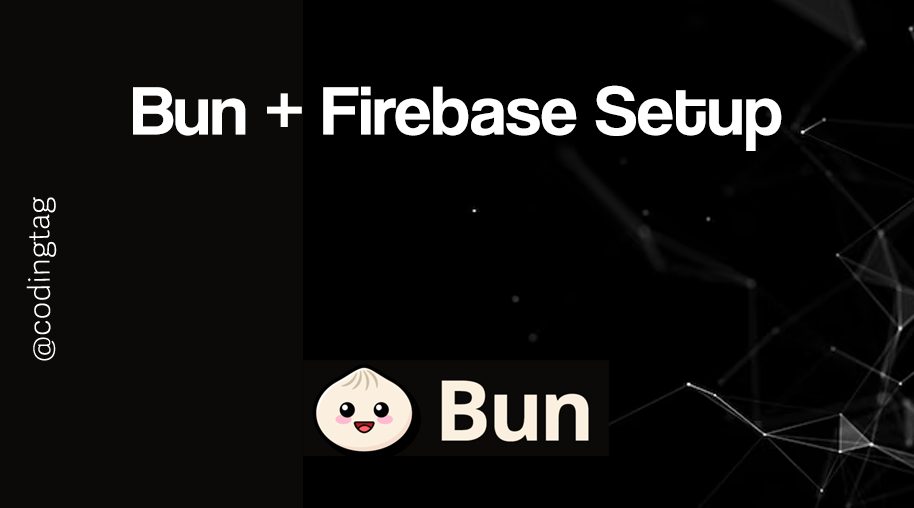Native Modules in Bun
0 1202
📦 What are Native Modules in Bun?
In Bun, native modules refer to precompiled code (usually written in C, C++, or Rust) that can be imported directly into your Bun app. These modules unlock near-native performance, giving you the ability to execute high-performance logic inside your JavaScript or TypeScript code without external dependencies.âš™ï¸ Why use Native Modules?
Sometimes JavaScript just isn’t fast enough — especially for CPU-heavy tasks like encryption, compression, media processing, or complex algorithms. Bun’s support for native modules means:- Lower-level access to system APIs
- Significant performance boosts
- Shared logic between JS and native codebases
🔌 Loading Native Modules in Bun
You can load native code into your Bun project using theffi module.
Here’s a quick breakdown of how it works.
🧪 Example: Loading a Native .so/.dll/.dylib File
Let’s assume you have a compiled shared library namedlibmath.so (Linux), math.dylib (macOS), or math.dll (Windows).
You can load it like this:
const lib = new FFI({
name: "math",
path: "./libmath.so", // or .dylib/.dll
exports: {
add: {
args: ["int", "int"],
returns: "int"
}
}
});
console.log("2 + 3 =", lib.symbols.add(2, 3));
add function defined in your compiled C/C++ code — all from within your Bun app.
ðŸ› ï¸ Building Native Modules
To use native functions, you’ll first need to write and compile your native code. Here's an example in C:// math.c
int add(int a, int b) {
return a + b;
}
# Linux
gcc -shared -o libmath.so -fPIC math.c
# macOS
gcc -shared -o libmath.dylib -fPIC math.c
# Windows
gcc -shared -o math.dll math.c
🔒 Safety & Stability Tips
When dealing with native modules, crashes in native code can crash your Bun app. To reduce risk:- Validate input before sending to native code
- Use safe memory operations and error handling
- Test extensively across all supported platforms
📚 Data Type Mapping in FFI
Bun's FFI supports several data types for interop:int,float,doublefor numbersptrfor memory addressescstringfor null-terminated strings
exports: {
greet: {
args: ["cstring"],
returns: "void"
}
}
💡 When Should You Use Native Modules?
Native modules are powerful, but not always necessary. Use them when:- Performance is a critical bottleneck
- You’re working with legacy native libraries
- You need to access OS-level APIs not exposed by Bun/JS
🚧 Future of Native Modules in Bun
Bun's native module ecosystem is still evolving. Expect improvements like:- WASM + native hybrid execution
- More ergonomic FFI syntax
- Prebuilt binary support via Bun packages
✅ Conclusion: Level Up with Native Power
Native modules in Bun bridge the gap between lightning-fast native code and the modern JS ecosystem. Whether you're optimizing for speed or integrating legacy systems, this feature gives you the best of both worlds — native power with JavaScript simplicity. Start experimenting, test your performance, and explore new levels of optimization inside your Bun apps.If you’re passionate about building a successful blogging website, check out this helpful guide at Coding Tag – How to Start a Successful Blog. It offers practical steps and expert tips to kickstart your blogging journey!
For dedicated UPSC exam preparation, we highly recommend visiting www.iasmania.com. It offers well-structured resources, current affairs, and subject-wise notes tailored specifically for aspirants. Start your journey today!

Share:







Comments
Waiting for your comments